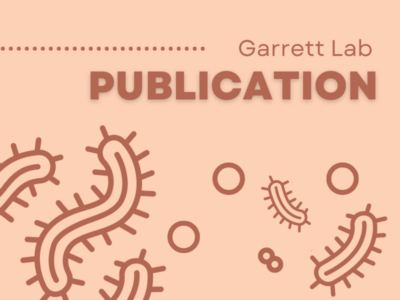Focusing on the biological, immunological, epidemiological, and ecological aspects of viral, bacterial, and protozoan diseases, primarily in developing countries.
The Department of Immunology and Infectious Diseases (IID) focuses on the biological, immunological, epidemiological, and ecological aspects of viral, bacterial, and protozoan diseases of animals and humans, including the vectors that transmit infectious agents. Click here to learn more about the IID Department
Homepage images by Len Rubenstein
PRE-PRINT - Grad Lab
Surveillance strategies for the detection of new SARS-CoV-2 variants across epidemiological contexts
PRE-PRINT - Grad Lab
Assessment of sewer connectivity in the United States and its implications for equity in wastewater-based epidemiology
PUBLICATION - Garrett Lab
Bacteria in cancer initiation, promotion and progression







